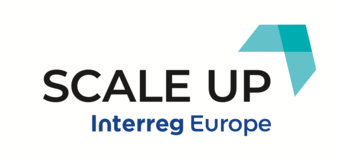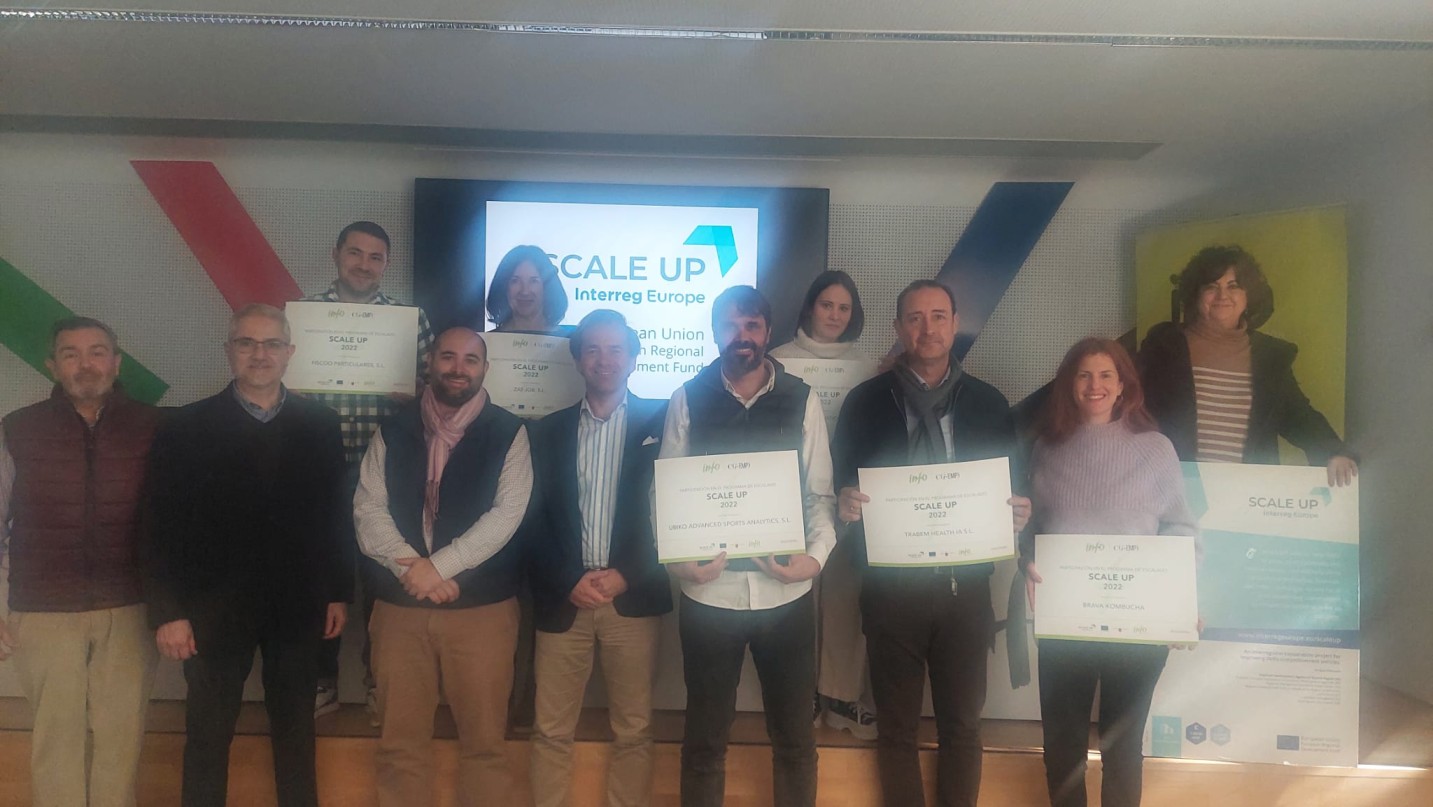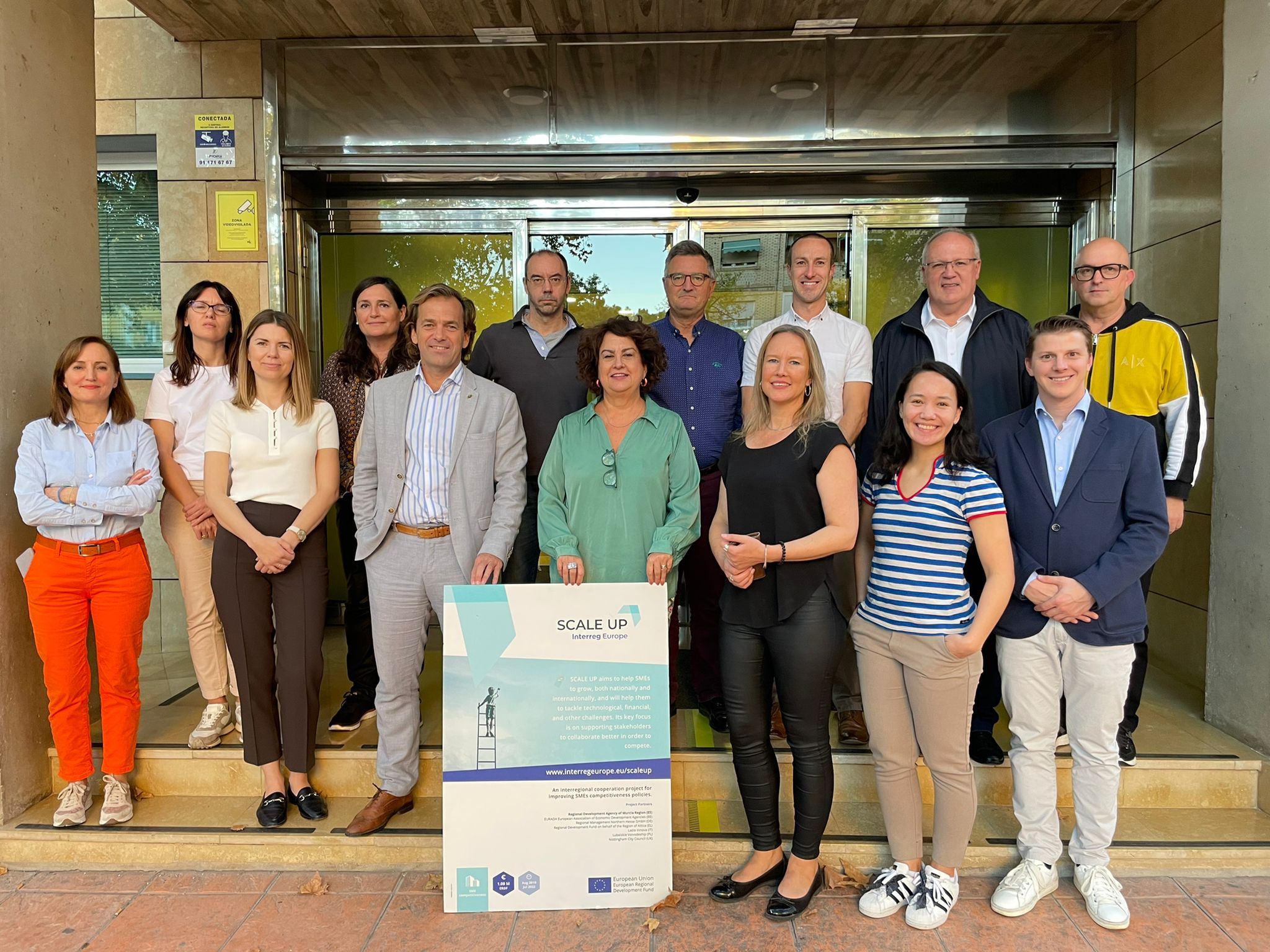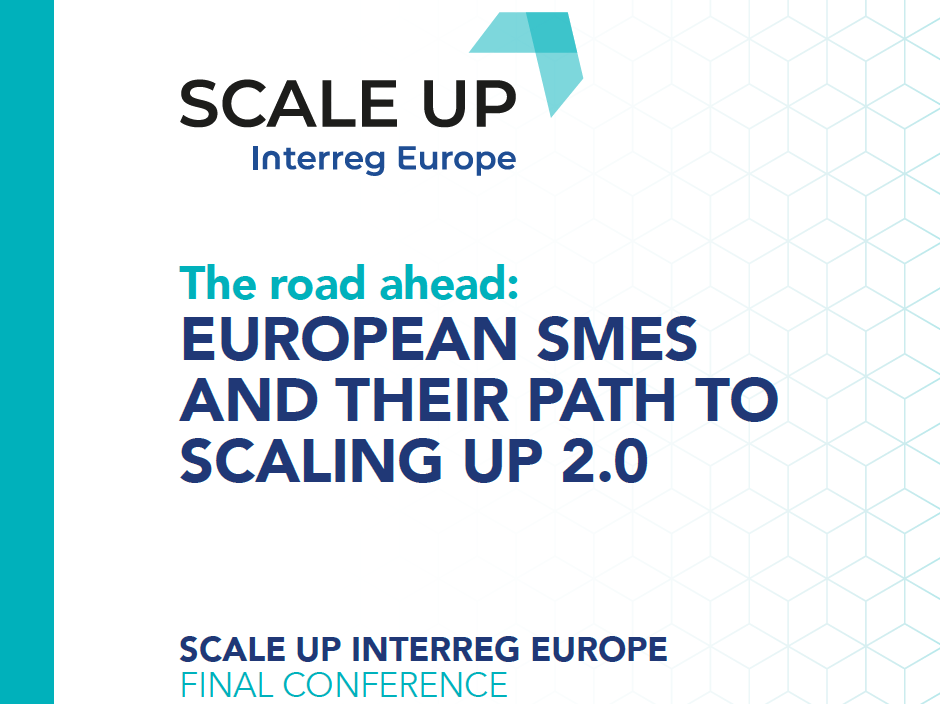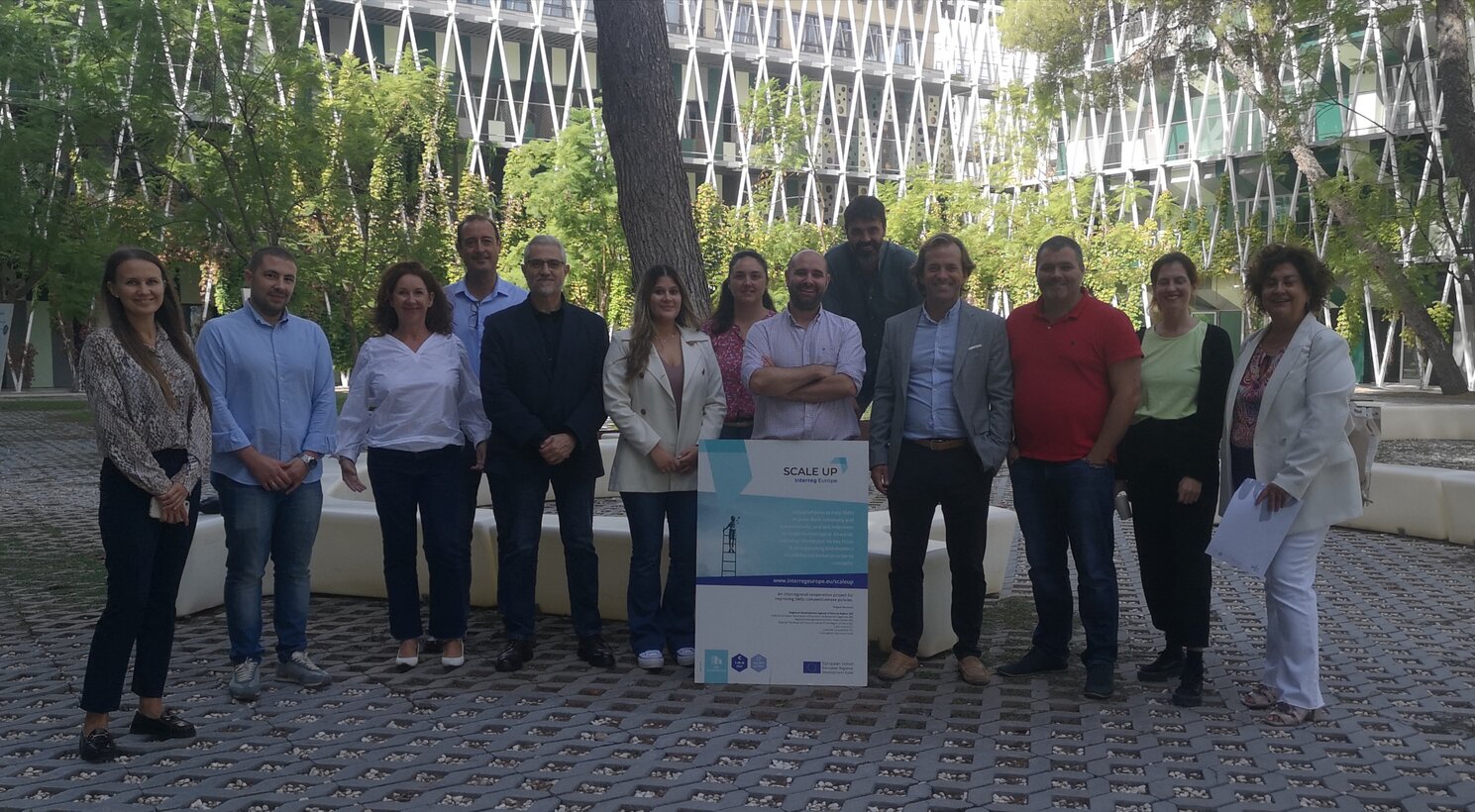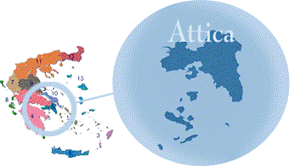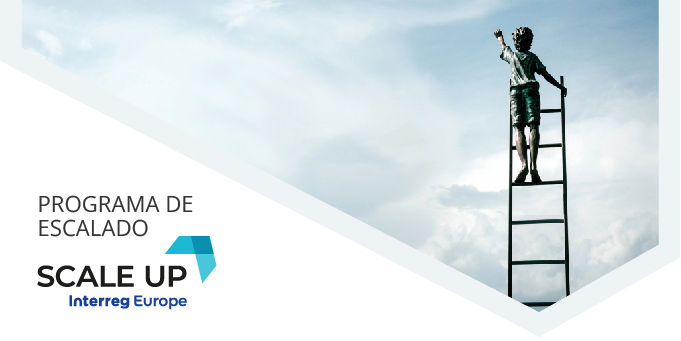Online Peer Reviews: A new challenge, accepted
Thanks to the virtual activities that have taken place during the learning process in the Scale Up Project and their corresponding implementation in reality, each partner became equipped with the necessary instruments and know-how to proceed with the application of the Best Practices in their contexts.
After an effective and productive experience during the first phase of the learning process through the virtual study visits, the Scale Up consortium returned to redefine and adapt its operation to the “new normal” imposed by the global pandemic. As experts in the identification of good practices and policy learning events, the consortium has virtually and successfully organized the next crucial phase of the process: The Peer Reviews, held online.
An alternative but effective method in times of pandemic
The Scale Up work plan was designed following a coherent and integrated approach where all the activities are interlinked and framed in a logical path. After the first period of the learning process provided by first-hand information from the virtual study visits, the online peer reviews took place. It is the last phase in the interregional learning process before drafting the Action Plans.
The Peer Review process of pre-selecting a best practice or aspects of best practices to transfer offers mutually beneficial collaborations and a useful basis for knowledge transfer to be diffused during the project implementation.
However, without having conducted physical study visits, how could ensure that we have truly performed a deep analysis and arrived with a better insight into the aims to improve policy instruments supporting SMEs’ capacity to grow in national and international markets? How could we facilitate the discovery of solutions to common problems shared by regions across Europe?
By the online methodology created by the Scale Up Project, partners, together with their SAGs, have chosen the best practices to be transferred into their region. During this phase, “importer” and “exporter” partners met once again through a series of teleconferences for further support and to clarify additional questions from the importer partner or some additional recommendations from the exporter organisation. The aim is to define the gap between importer and exporter and to support the importer partner in the design of the action plans to transfer Best Practices considering their context and regional systems.
During these meetings, partners have been encouraged to record the meeting and upload the recording in the project’s shared repository for reference purposes.
As one of the few projects that have opted for a totally online methodology in order to preserve public health, but continues to pursue the objective of scaling up SMEs in a period as difficult as the one we are facing, the Scale Up online peer review has served and will serve as an example for many projects that may encounter the same situation. Given the complex scenario and the uncertainty that this situation implies in the short and long term, it is necessary to apply effective solutions to the problem.
Methodology structure
The project’s online peer review methodology involves 3 steps. During the first pace of the process, the advisory partner organised and scheduled a virtual meeting between the importer and exporter partners to clarify doubts about the best practice which importer partners wish to transfer.
If necessary, before beginning to draft the Plan Action, a second meeting between the importer and exporter partners can be conducted.
After that, the importer partner will write a report with the conclusions of the Peer Review phase and will design their action plan with the best practice or aspects of best practices they chose to transfer into their regional ecosystem.
Finally, a second bilateral meeting during the 24th month of the project will be conducted to clarify any issues in the transfer of the best practice.
Up until now the virtual methodology has been a very useful tool to clarify the issues in order to examine the possibility to transfer the best practices in each regional ecosystem. We are continuing to work on this.

